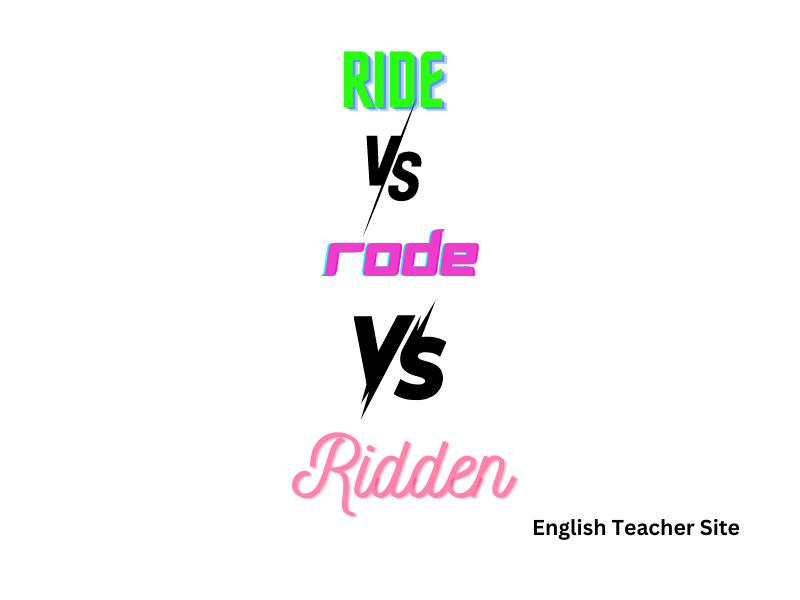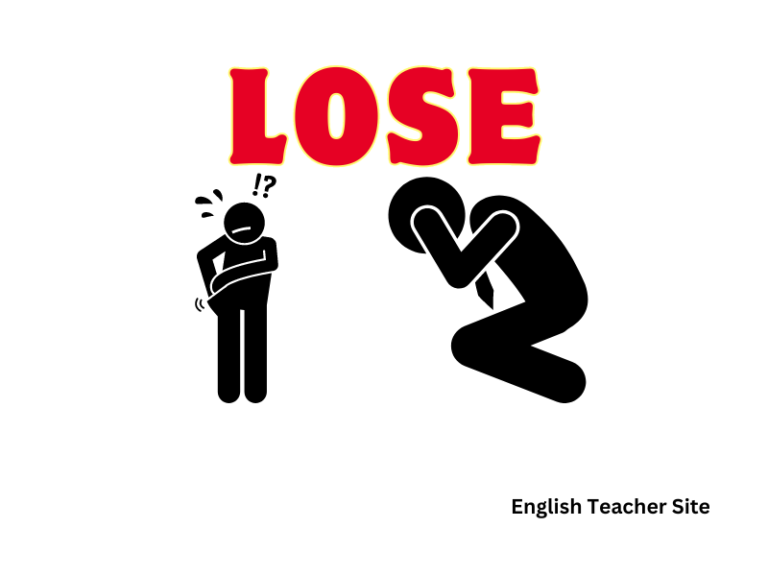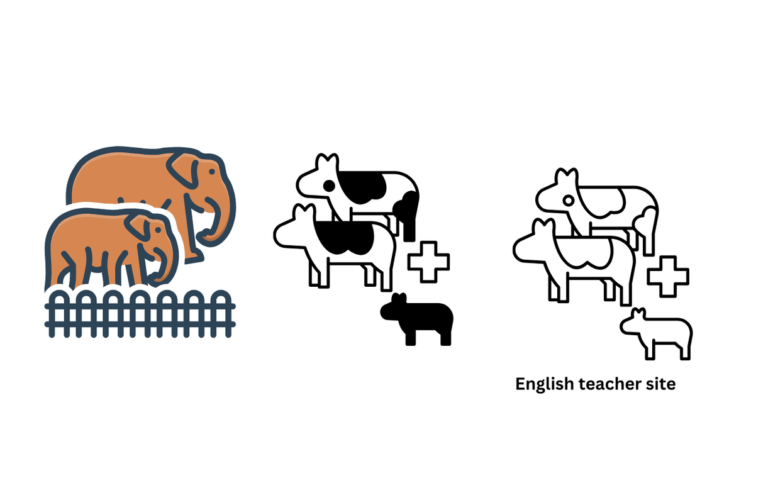Whats the Past Tense of Ride: Understanding Rode and Ridden

- “Rode” is the simple past tense of “ride.”
- “Ridden” is the past participle form of “ride.”
- Both “rode” and “ridden” are used to describe actions that occurred in the past, with “ridden” often used in perfect tenses.
Correct use of “rode” and “ridden” allows for precise communication in past narrative and perfect tenses. For instance, one might say “He rode a bicycle yesterday,” using the simple past tense. On the other hand, using the past participle, one could say “She has ridden horses since she was a child,” indicating an action that started in the past and may continue up to the present. Understanding how these forms function is a cornerstone of mastering verb conjugation in English.
Understanding the Meaning of the Verb ‘Ride’
The verb ‘ride’ intricately varies in form depending on its tense and usage in English sentences. This section will break down its correct usage in past tense forms — ‘rode’ and ‘ridden’ — and provide examples for clarity.
Determining Correct Usage: Rode vs. Ridden
- Rode is the simple past tense of ‘ride,’ indicating an action that happened at a specific time in the past.
- Ridden is the past participle form, which is generally used with auxiliary verbs to form perfect tenses or the passive voice.
Examples of ‘Ride’ Used in Sentences
- Present Tense: She rides the train every morning.
- Imperative: Ride safely when you’re out on the roads.
Examples of ‘Rode’ in the Past Tense
- He rode his bike to the park yesterday.
- They rode the Ferris wheel at the fair.
Examples of ‘Ridden’ Used as Past Participle in Sentences
- She has ridden a camel on her vacation in Egypt.
- The bike has not been ridden since last summer.
Idioms/Phrases Related to ‘Ride’
- Take someone for a ride: To deceive or cheat someone.
- Let it ride: To allow a situation to continue without interference.
Origin and History of the Verb ‘Ride’
The verb ‘ride’ stems from the Old English ‘rīdan,’ which has Germanic roots. Its past forms ‘rode’ and ‘ridden’ reflect the intricate pattern of English verb conjugation.
Sources
1. Wikipedia. 2023. “Indo-European ablaut.” Wikimedia Foundation. https://en.wikipedia.org/wiki/Indo-European_ablaut.
2. Harper, Douglas. “Etymology of ride.” Online Etymology Dictionary, https://www.etymonline.com/word/ride.
3. “Ride.” McGraw-Hill’s Dictionary of American Slang and Colloquial Expressions. 2006. McGraw-Hill Companies, Inc. https://idioms.thefreedictionary.com/ride
My name is Khamis Maiouf. I am the creator of the English Teacher Site, dedicated to providing valuable resources and insights for students around the world. With a passion for education and a commitment to helping students enhance their skills, I aim to make English teaching more effective and enjoyable for both educators and students.






